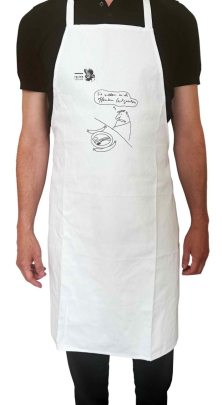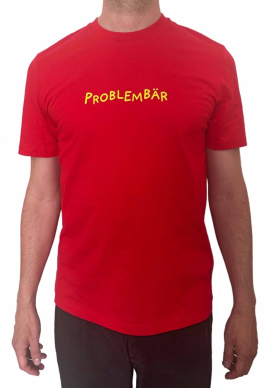Bitte haben Sie einen Moment Geduld, wir legen Ihr Produkt in den Warenkorb.
| Reihe | Methods in Molecular Biology |
|---|---|
| ISBN | 9780896037908 |
| Sprache | Englisch |
| Erscheinungsdatum | 03.08.1999 |
| Genre | Biologie |
| Verlag | Humana Press |
| Herausgegeben von | Matt Guille |
| Lieferzeit | Lieferbar in 11 Werktagen |
| Herstellerangaben | Anzeigen Springer Nature Customer Service Center GmbH ProductSafety@springernature.com |
- ✔ kostenlose Lieferung innerhalb Österreichs ab € 35,–
- ✔ über 1,5 Mio. Bücher, DVDs & CDs im Angebot
- ✔ alle FALTER-Produkte und Abos, nur hier!
- ✔ hohe Sicherheit durch SSL-Verschlüsselung (RSA 4096 bit)
- ✔ keine Weitergabe personenbezogener Daten an Dritte
- ✔ als 100% österreichisches Unternehmen liefern wir innerhalb Österreichs mit der Österreichischen Post
The process whereby a single cell, the fertilized egg, develops into an adult has fascinated for centuries. Great progress in understanding that process, h- ever, has been made in the last two decades, when the techniques of molecular biology have become available to developmental biologists. By applying these techniques, the exact nature of many of the interactions responsible for forming the body pattern are now being revealed in detail. Such studies are a large, and it seems ever-expanding, part of most life-science groups. It is at newcomers to this field that this book is primarily aimed. A number of different plants and animals serve as common model org- isms for developmental studies. In Molecular Methods in Developmental Bi- ogy: Xenopus and Zebrafish, a range of the molecular methods applicable to two of these organisms are described, these are the South African clawed frog, Xenopus laevis, and the zebrafish, Brachydanio rerio. The embryos of both of these species develop rapidly and externally, making them particularly suited to investigations of early vertebrate development. However, both Xenopus and zebrafish have their own advantages and disadvantages. Xenopus have large, robust embryos that can be manipulated surgically with ease, but their pseudotetraploidy and long generation time make them unsuitable candidates for genetics. This disadvantage may soon be overcome by using the diploid Xenopus tropicalis, and early experiments are already underway. The transp- ent embryos of zebrafish render them well-suited for in situ hybridization and immunohistochemistry, and good for observing mutations in genetic screens.
| Reihe | Methods in Molecular Biology |
|---|---|
| ISBN | 9780896037908 |
| Sprache | Englisch |
| Erscheinungsdatum | 03.08.1999 |
| Genre | Biologie |
| Verlag | Humana Press |
| Herausgegeben von | Matt Guille |
| Lieferzeit | Lieferbar in 11 Werktagen |
| Herstellerangaben | Anzeigen Springer Nature Customer Service Center GmbH ProductSafety@springernature.com |
- ✔ kostenlose Lieferung innerhalb Österreichs ab € 35,–
- ✔ über 1,5 Mio. Bücher, DVDs & CDs im Angebot
- ✔ alle FALTER-Produkte und Abos, nur hier!
- ✔ hohe Sicherheit durch SSL-Verschlüsselung (RSA 4096 bit)
- ✔ keine Weitergabe personenbezogener Daten an Dritte
- ✔ als 100% österreichisches Unternehmen liefern wir innerhalb Österreichs mit der Österreichischen Post
Wie gefällt Ihnen unser Shop?



